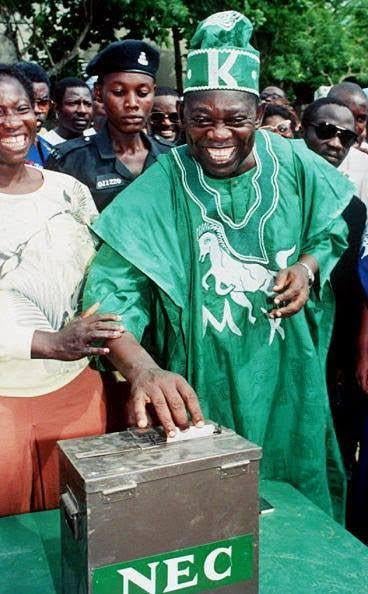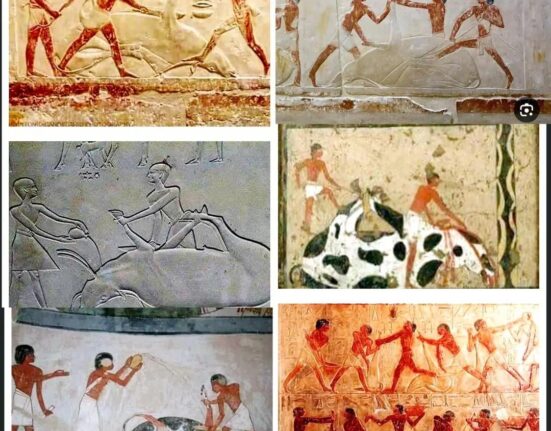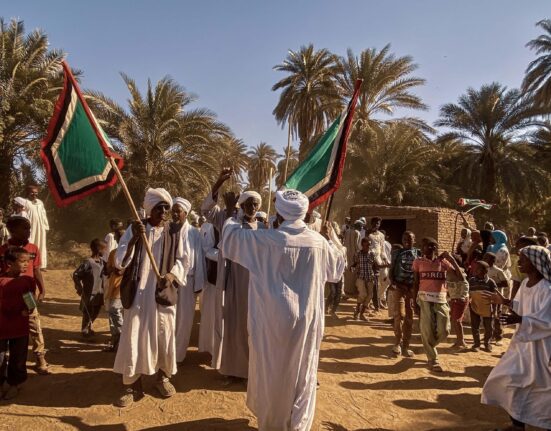Today, June 12, marks Nigeria’s Democracy Day, a significant date that resonates deeply with the nation’s history and political evolution. This day is not merely a customary observance but a poignant reminder of a pivotal moment in Nigeria’s past, the echoes of which continue to reverberate through its present socio-political landscape. It harks back to the watershed presidential election held on June 12, 1993, a contest widely hailed as the most transparent and equitable in Nigeria’s history.
The backdrop against which this historic election unfolded was that of the short-lived Third Republic, a period marked by both hope and uncertainty. The outcome of the election saw Chief Moshood Kashimawo Olawale (MKO) Abiola emerge victorious as the candidate of the Social Democratic Party (SDP). However, despite the overwhelming majority of declared results in his favor, the announcement of his triumph was abruptly halted by the military administration under General Ibrahim Babangida.
The annulment of the election on controversial grounds was a seismic event that shook the foundations of Nigerian democracy, plunging the nation into a state of political chaos, repression, and public outcry.
The decision to nullify the election was underpinned by a coalition of influential figures encompassing senior military officials, conservative northern elites, and intellectuals motivated by disparate agendas ranging from self-interest to ethnic affiliations. This collective action not only thwarted the democratic will of the Nigerian people but also sowed the seeds of discord and unrest that would persist for years to come.
Amidst the prevailing atmosphere of oppression and state-sanctioned autocracy, a courageous cadre of individuals emerged as beacons of resistance and guardians of democratic principles. Journalists, human rights activists, student leaders, labor unions, opposition politicians, and members of the diaspora community rallied together in defiance of tyranny, risking their lives and liberties in defense of the democratic mandate.
Their unwavering commitment to upholding the sanctity of democracy in the face of adversity exemplifies the resilience and fortitude of the Nigerian spirit.
The era of General Sani Abacha’s despotic rule marked a nadir in the struggle for democracy, characterized by a ruthless crackdown on dissent and the silencing of prominent voices such as Kudirat Abiola, Alfred Rewane, and countless others who paid the ultimate price for their beliefs. Their sacrifices serve as a stark reminder of the high cost of advocating for democratic values in a climate of repression and intolerance.
Today, as Nigerians reflect on the significance of Democracy Day, it is imperative to honor the memory of those gallant individuals who laid down their lives for the cause of freedom and justice. Their legacy serves as a beacon of inspiration for future generations, reminding us of the inherent value of civic engagement, political consciousness, and unwavering commitment to the principles of democracy.
Democracy is not merely a concept to be celebrated periodically but a living, breathing ethos that demands our active participation and vigilance in safeguarding its integrity.
The roster of notable heroes of Nigerian democracy is a testament to the diverse tapestry of voices and perspectives that have contributed to the advancement of democratic ideals in the country. From Chief MKO Abiola and Kudirat Abiola to Gani Fawehinmi, Wole Soyinka, and a host of other luminaries, each individual represents a chapter in the collective narrative of Nigeria’s democratic journey.
Organizations such as NADECO, Campaign for Democracy (CD), ASUU, NANS, NLC, and Afenifere have also played instrumental roles in advocating for democratic reforms and social justice, embodying the spirit of resilience and solidarity that defines the Nigerian democratic movement.
As Nigeria navigates its path forward, it is incumbent upon citizens and leaders alike to heed the lessons of the past and remain steadfast in their commitment to upholding democratic values. The spirit of June 12 must not be relegated to the annals of history but perpetuated through concrete actions, institutional reforms, and a collective ethos of civic responsibility.
In conclusion, the heroes of Nigerian democracy serve as guiding lights illuminating the path towards a more inclusive, transparent, and participatory democratic society. Their sacrifices and struggles have laid the foundation for a future where the voice of the people reigns supreme, and the ideals of freedom, justice, and equality are upheld as sacred principles worth defending at all costs. May their legacy endure as a testament to the enduring power of the human spirit in the face of adversity and injustice.









Leave feedback about this